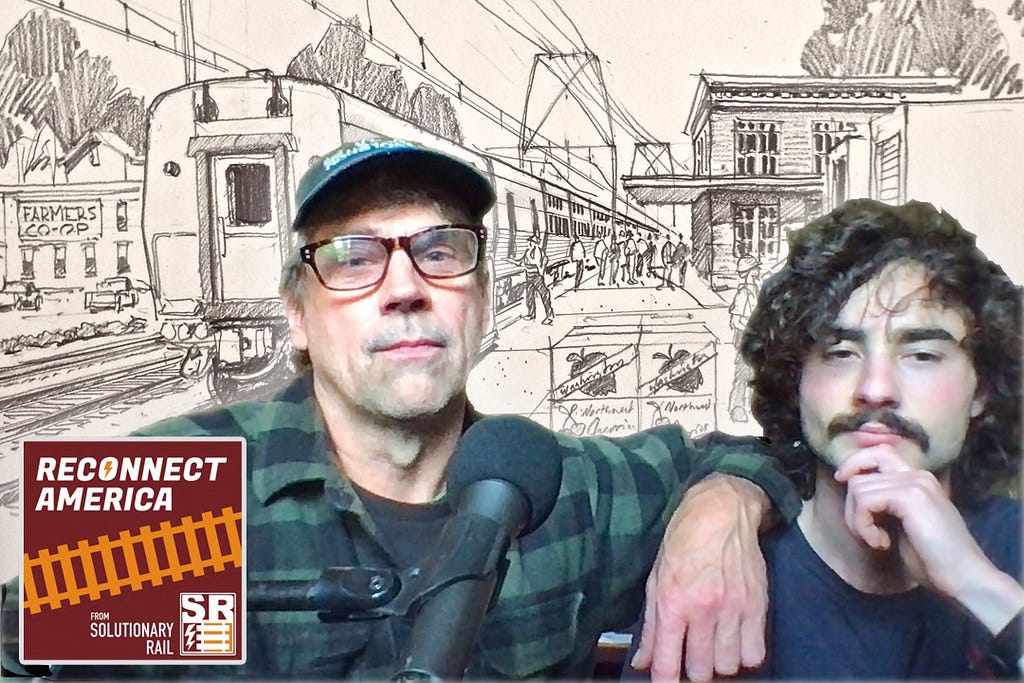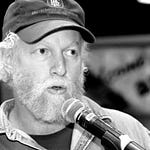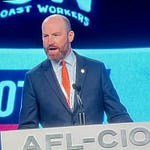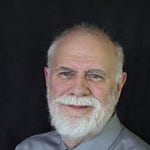Before there were cars, planes, cybertrucks, and electric unicycles—there were trains. People rode trains to get just about everywhere, from work, school, and daily errands, to holiday getaways at the national parks. As Meredith Richards, one of our guests in this episode, puts it, “Trains were simply the way people traveled.”
So what happened to our once-great passenger rail system? How did the U.S. become so car-dependent that many Americans today ride trains for the first time when they travel abroad? In this first of two episodes on passenger rail, we learn about how railroads once connected us all, how public investment in other modes of transportation—but not in railroads—gradually undermined rail travel, and why in 1971 the government eventually took passenger service off the hands of the privately-owned railroads.
Our brilliant guests in this episode include three book authors, two board members for the country’s largest passenger rail advocacy group, a railroad industry veteran, and an award-winning policy analyst.
Reconnect America is hosted by Bill Moyer, co-author of the book Solutionary Rail: A People-powered Campaign to Electrify America’s Railroads and Open Corridors to a Clean Energy Future. Check out the essays and supplemental posts that complement this podcast HERE.
Learn more, get involved and pitch in to support the work of Solutionary Rail at SolutionaryRail.org. Keep the podcast ads-free and without paywalls by making a tax-deductible donation HERE.
Mentioned:
Phillip Longman’s article: “Train Drain: How deregulation and private equity have gutted the U.S. freight rail system—and with it, the promise of America’s industrial renewal”
David Alff’s book: The Northeast Corridor: The Trains, the People, the History, the Region
(Code: “UCPNEW” for 30% off)
Co-written and produced by Bill Moyer and Sasha Elenko. Engineering by August Moore. Musical theme by Ken Jacobsen and additional music by Ota Prota










